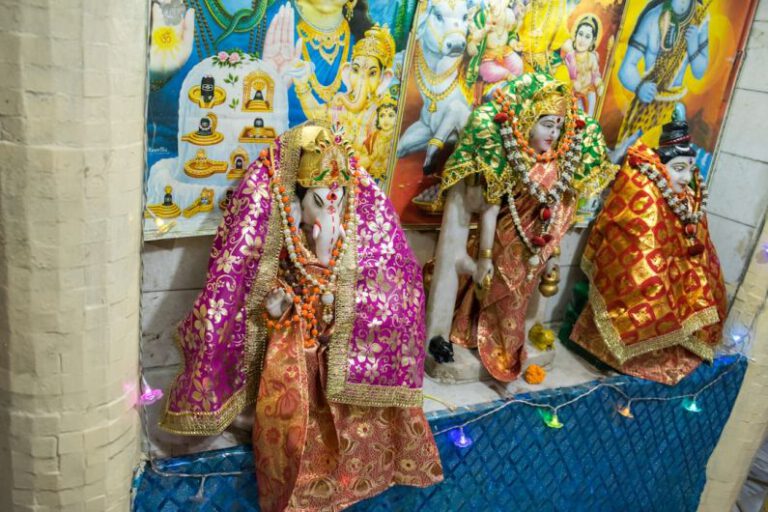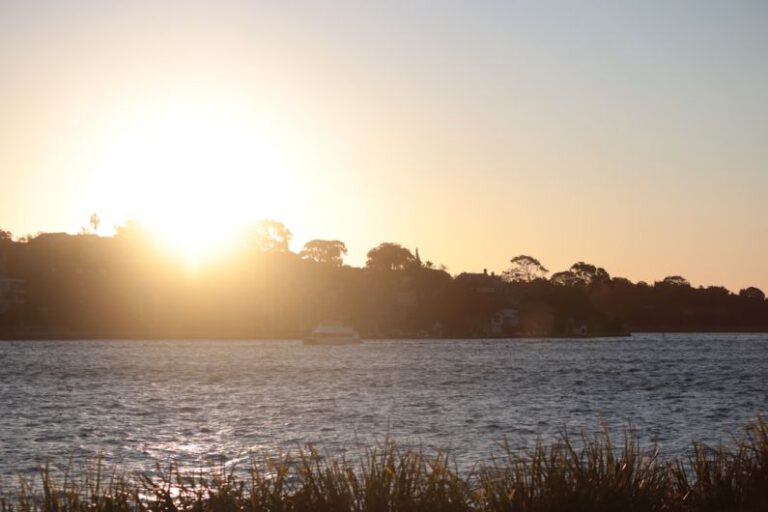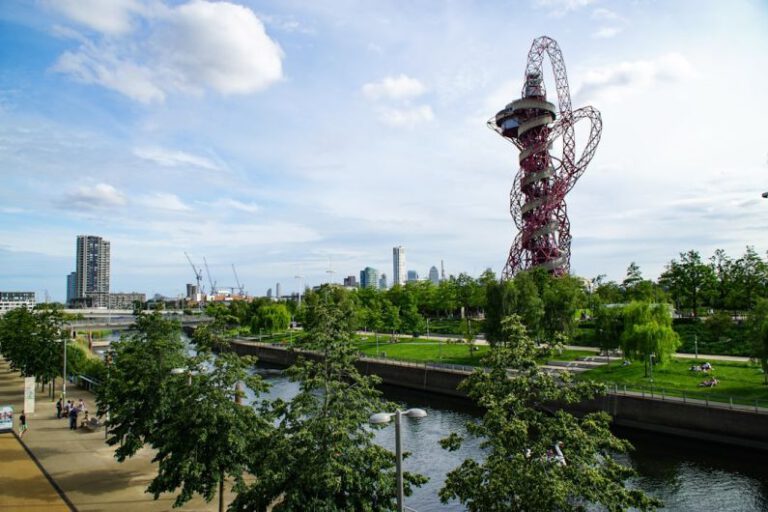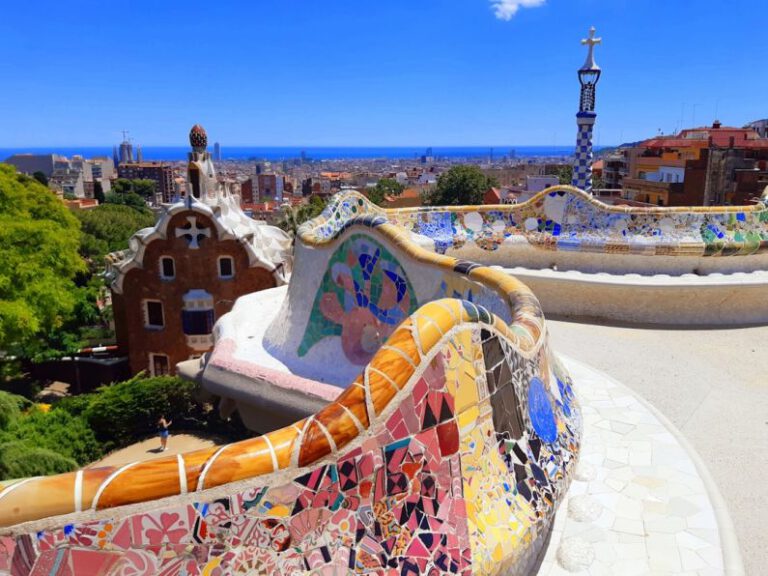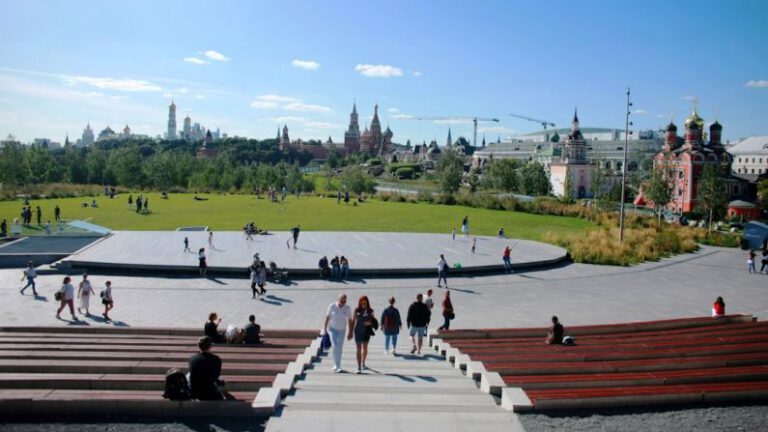Rethinking Urban Spaces: the Seoullo 7017 Skygarden
Urban spaces play a crucial role in shaping the identity and functionality of a city. With the rapid pace of urbanization, cities are constantly seeking innovative ways to revitalize their urban landscapes to meet the evolving needs of their residents. One such example of urban renaissance is the Seoullo 7017 Skygarden in Seoul, South Korea. This elevated linear park has transformed a forgotten overpass into a vibrant green oasis, redefining the concept of urban public spaces in the heart of the bustling city.
Seoullo 7017: A Bridge Reimagined
Seoullo 7017, also known as the Seoul Skygarden, is a one-kilometer-long pedestrian walkway that was originally built as an overpass in the 1970s. However, in 2017, the Seoul Metropolitan Government undertook a bold initiative to convert this outdated structure into a modern elevated park. The name “Seoullo 7017” symbolizes the bridge’s original construction year of 1970 and its rebirth in 2017 as a dynamic urban green space.
The Skygarden Experience
Walking along Seoullo 7017 is a unique sensory experience that offers visitors a blend of nature, culture, and history. Lined with over 24,000 plants and flowers, the Skygarden provides a breath of fresh air amidst the urban jungle. From blooming seasonal flowers to lush greenery, the park’s design showcases a harmonious coexistence of nature and urban infrastructure.
The park also features various amenities such as cafes, galleries, and performance spaces, creating a vibrant hub for social interaction and community engagement. Visitors can enjoy panoramic views of the city skyline, discover hidden gardens, and immerse themselves in the rich cultural heritage of Seoul through art installations and exhibitions scattered throughout the park.
Sustainability and Innovation
Seoullo 7017 exemplifies a sustainable approach to urban design by incorporating green infrastructure and eco-friendly practices. The park’s vegetation helps reduce the urban heat island effect, improve air quality, and promote biodiversity in the city center. In addition, the Skygarden utilizes solar panels for energy generation and rainwater collection systems for irrigation, demonstrating a commitment to environmental stewardship.
Furthermore, Seoullo 7017 serves as a platform for innovation and creativity, hosting cultural events, workshops, and exhibitions that showcase the talents of local artists and entrepreneurs. The park’s dynamic programming encourages community participation and fosters a sense of ownership among residents, transforming Seoullo 7017 into a living canvas for urban experimentation and expression.
Embracing Change: The Future of Urban Spaces
The success of Seoullo 7017 Skygarden serves as a compelling case study for cities around the world looking to revitalize their urban environments and create inclusive public spaces that cater to the diverse needs of their communities. By reimagining existing infrastructure and embracing sustainable design principles, cities can transform neglected spaces into vibrant hubs of creativity, culture, and connectivity.
As we continue to grapple with the challenges of rapid urbanization and climate change, rethinking urban spaces like Seoullo 7017 offers a glimmer of hope and inspiration for a more sustainable and livable future. By prioritizing green infrastructure, community engagement, and innovative design, cities can create spaces that not only enhance quality of life but also foster a sense of belonging and pride among their residents.
In conclusion, Seoullo 7017 Skygarden stands as a testament to the transformative power of urban design and the potential for cities to reinvent themselves through creative placemaking and sustainable development. As we look to the future, let Seoullo 7017 serve as a beacon of hope and a reminder that with vision, collaboration, and ingenuity, we can create urban spaces that truly enrich the lives of all who inhabit them.

